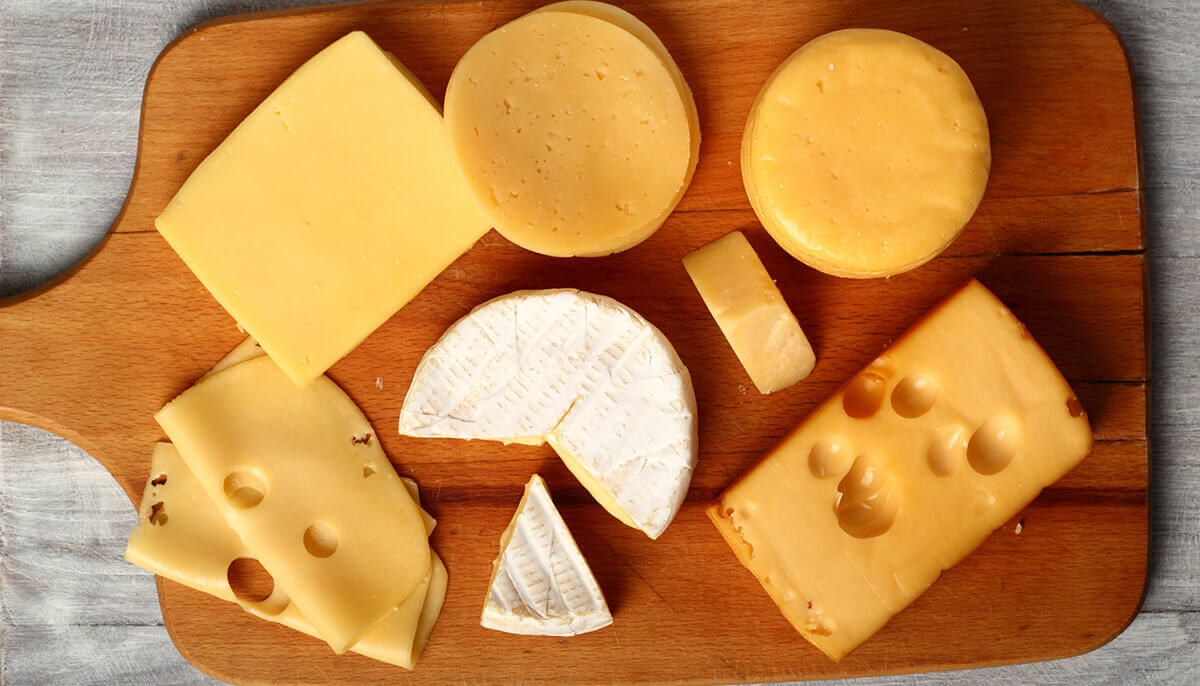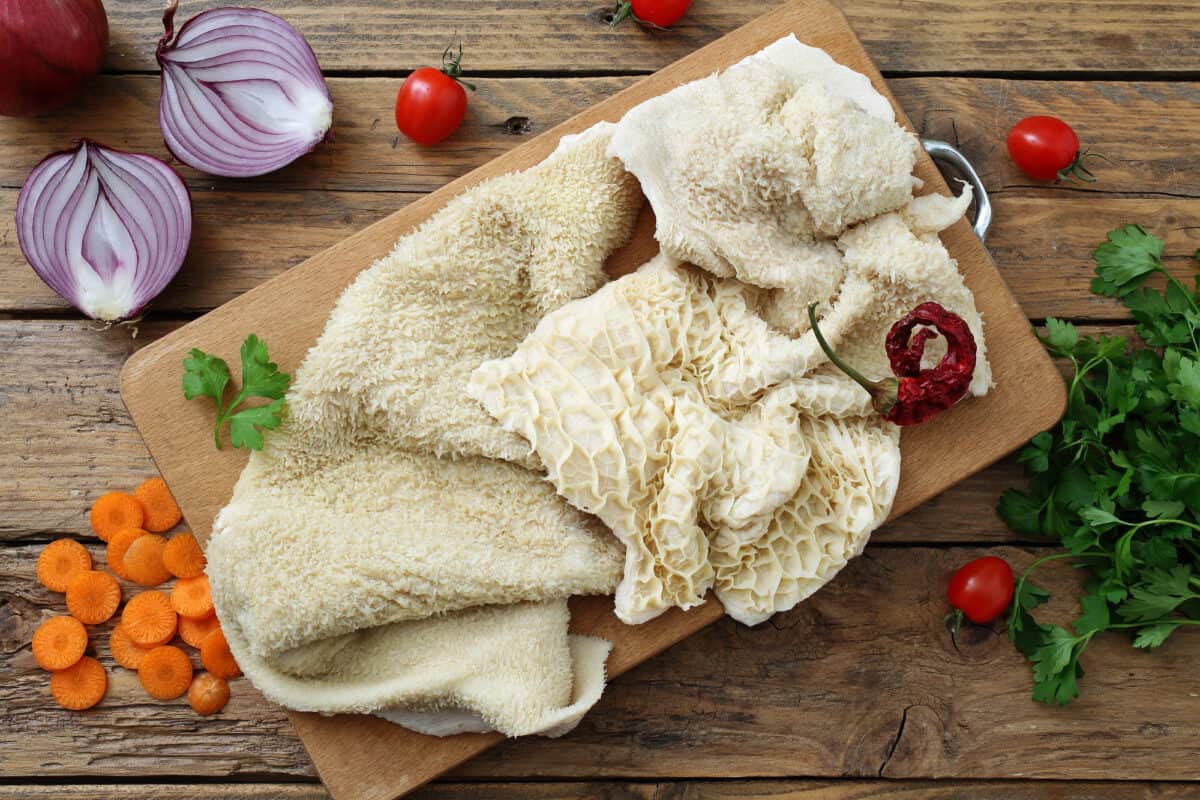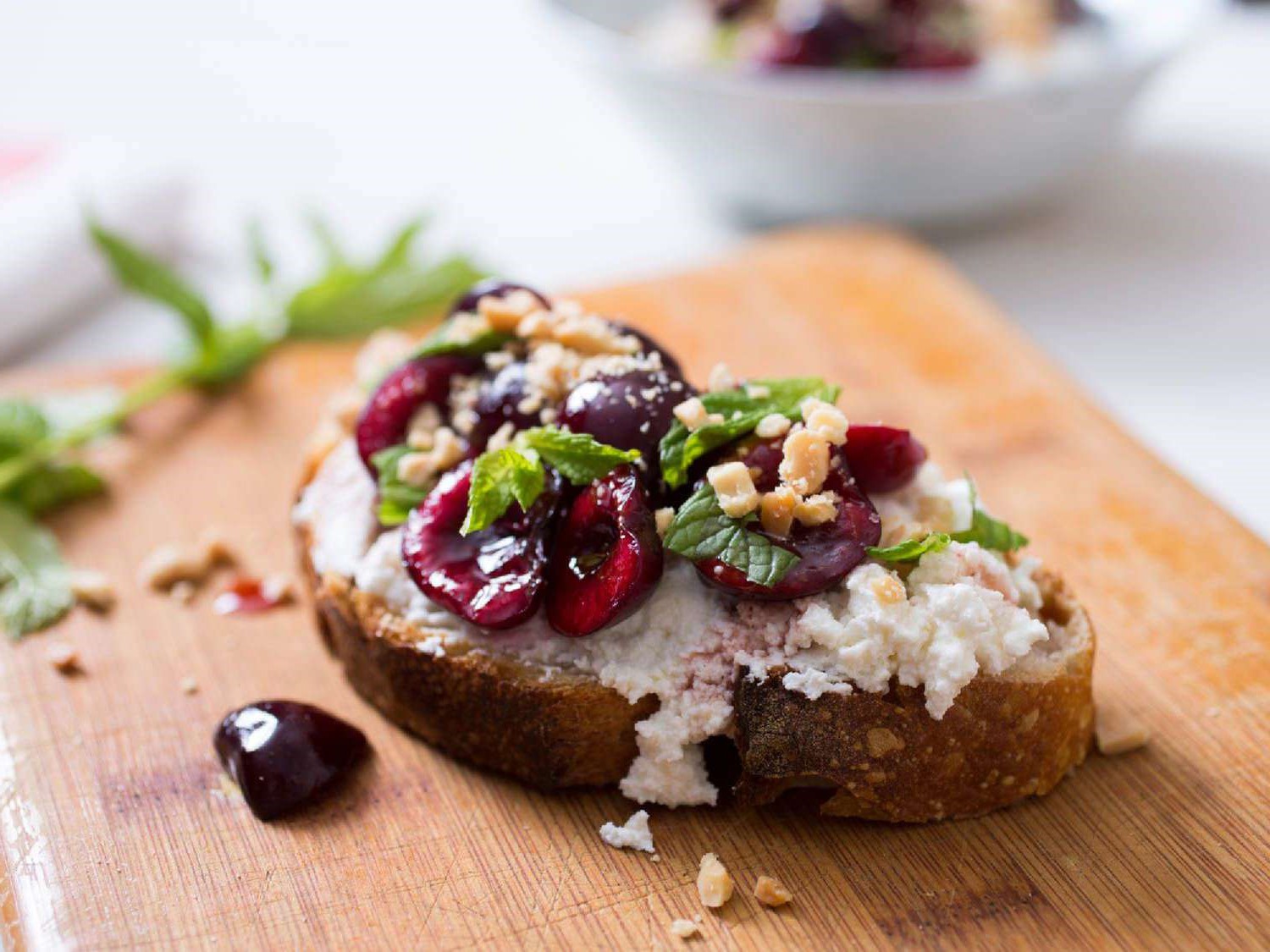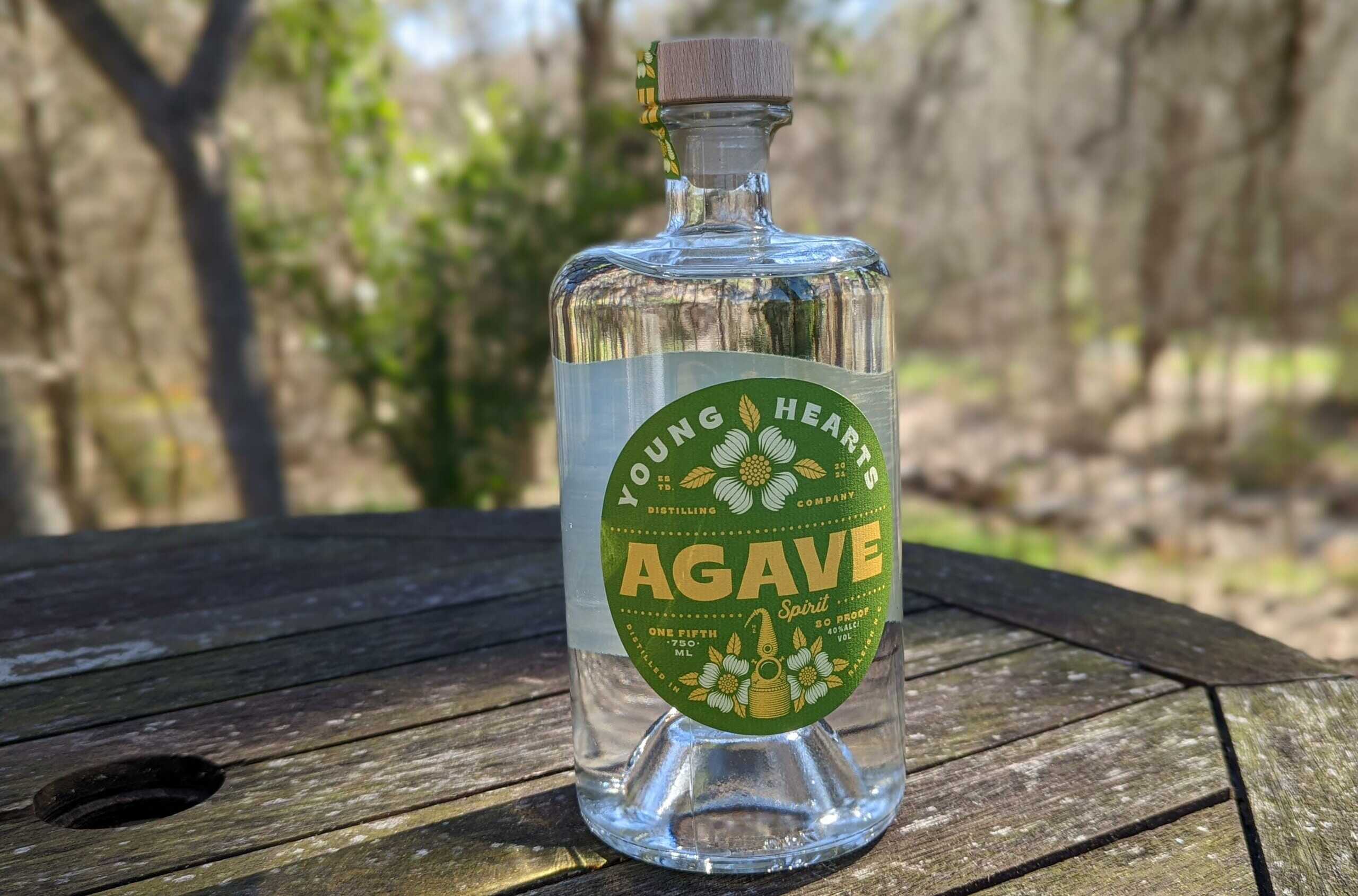Artisanal vinegars bring a burst of flavor to any dish. Crafted with care, these vinegars offer unique tastes that elevate meals. Unlike mass-produced versions, artisanal types often use high-quality ingredients and traditional methods. From tangy apple cider to rich balsamic, each variety has its own story. These vinegars can transform salads, marinades, and even desserts. Exploring them opens up a world of culinary possibilities. Whether you're a seasoned cook or just starting, artisanal vinegars add depth and character to your kitchen creations. Dive into this flavorful journey and discover how these special vinegars can enhance your cooking.
Essential Ingredients for Artisanal Vinegars
Ingredients
-
Apple Cider Vinegar
- Apples
- Water
- Sugar
- Yeast
-
Balsamic Vinegar
- Trebbiano grapes
- Wine vinegar
- Caramel (optional)
-
Red Wine Vinegar
- Red wine
- Water
-
White Wine Vinegar
- White wine
- Water
-
Rice Vinegar
- Rice
- Water
- Sugar
- Salt
-
Malt Vinegar
- Barley
- Water
- Malted barley
-
Sherry Vinegar
- Sherry wine
- Water
-
Champagne Vinegar
- Champagne
- Water
Tools You Need for Artisanal Vinegars
-
Glass Bottles with Airtight Caps
Ideal for storing your homemade vinegars, ensuring they remain fresh and uncontaminated. -
Wooden Barrels
For those looking to age their vinegar, imparting unique flavors from the wood. -
pH Meter
Essential for monitoring the acidity level, crucial for safety and flavor profiling. -
Funnel
A wide-mouthed funnel facilitates transferring vinegar into bottles without spillage. -
Cheesecloth or Fine Mesh Strainer
Used to filter out solids from the vinegar, leaving it clear. -
Glass or Ceramic Containers
Perfect for the initial fermentation process, as they don't react with the vinegar. -
Airlocks
Fits onto fermentation containers, allowing gases to escape while preventing air from entering. -
Rubber Bands or Twine
Secures cheesecloth over containers during the initial fermentation phase. -
Labels and a Marker
For dating and identifying different batches of vinegar. -
Thermometer
Helps in maintaining the optimal temperature for fermentation. -
Stirring Spoon
A long-handled spoon for mixing ingredients, preferably made of wood or stainless steel. -
Kitchen Scale
For precise measurement of ingredients, ensuring consistency in vinegar production. -
Protective Gloves
Vinegar's acidity can irritate skin; gloves protect during handling. -
Safety Goggles
Optional but recommended when handling strong acids or during the bottling process.
Artisanal vinegars offer unique flavors from fruits, herbs, and spices. They enhance salads, marinades, and sauces, adding depth and complexity. Experiment with different varieties to find your favorite combinations.
Why Make Artisanal Vinegars?
Artisanal vinegars offer unique flavors and health benefits. Made from high-quality ingredients, they enhance dishes with complex tastes. Traditional methods ensure rich, authentic profiles. Supporting local producers helps sustain craftsmanship and biodiversity. These vinegars connect us to culinary heritage, making meals more meaningful and enjoyable.
Crafting Artisanal Vinegars: Step-by-Step
Step 1: Understand Artisanal Vinegar
- Learn about different types of artisanal vinegars, such as balsamic, apple cider, and rice vinegar.
- Recognize artisanal vinegar is crafted in small batches, emphasizing quality and unique flavors.
Step 2: Selecting Your Base Ingredient
- Choose a base ingredient; common options include fruits, wine, or grains.
- Ensure freshness and quality of the base for a superior vinegar.
Step 3: Fermentation Process
- Start with alcoholic fermentation; natural sugars turn into alcohol using yeast.
- For fruit bases, mash or juice the fruits to extract liquid.
- In wine or beer bases, this step is already completed.
Step 4: Acetic Acid Fermentation
- Introduce acetobacter bacteria to convert alcohol into acetic acid.
- Maintain the mixture at a warm temperature (60-80°F) to facilitate this process.
Step 5: Aging
- Transfer vinegar to wooden barrels or glass containers for aging.
- Aging time varies; some vinegars benefit from years, while others only need a few months.
- Taste periodically to monitor the development of flavors.
Step 6: Testing and Adjusting Acidity
- Use pH strips or a digital pH meter to test acidity.
- Ideal acidity levels range between 4% to 7%, depending on the vinegar type.
- Adjust by diluting with water if acidity is too high.
Step 7: Filtration and Clarification
- After aging, filter the vinegar to remove any sediment or mother of vinegar.
- For clearer vinegar, use a fine cloth or coffee filter.
Step 8: Bottling
- Sterilize bottles and caps to prevent contamination.
- Fill bottles, leaving some space at the top, and seal tightly.
Step 9: Labeling and Storing
- Label bottles with the type of vinegar, date of bottling, and any other relevant details.
- Store in a cool, dark place to preserve flavors and prevent deterioration.
Step 10: Enjoy and Share
- Use your artisanal vinegar in dressings, marinades, or as a condiment.
- Share with friends and family to enjoy the unique flavors you've created.
Crafting Your Vinegar Journey
Diving into the world of artisanal vinegars opens up a realm of flavors and culinary possibilities. From the tangy depths of balsamic to the fruity zests of apple cider vinegar, each variety brings its own unique profile to dishes, enhancing flavors and adding complexity. Experimenting with these vinegars in your cooking can transform simple ingredients into gourmet experiences. Whether you're drizzling a rich, aged balsamic over fresh strawberries or brightening up a salad with a splash of champagne vinegar, the opportunities to elevate your dishes are endless. Remember, the key to making the most of these vinegars lies in understanding their flavors and pairing them thoughtfully with your ingredients. So, don't be afraid to explore, taste, and let your culinary creativity flow. Your kitchen adventures with artisanal vinegars are just beginning.
Common Questions About Artisanal Vinegars
What exactly is artisanal vinegar?
Artisanal vinegar refers to vinegars crafted in small batches, using traditional methods. Unlike mass-produced varieties, these vinegars often come from unique sources like specific fruit wines or aged balsamic, and they pack a punch of complex, nuanced flavors.
How does artisanal vinegar differ from regular vinegar?
The main difference lies in the production process and flavor complexity. Artisanal vinegars are made with more attention to detail, often aged longer, and sourced from high-quality ingredients, resulting in a richer, more distinct taste profile than their commercial counterparts.
Can artisanal vinegar improve my cooking?
Absolutely! Incorporating artisanal vinegars into your dishes can elevate them to new heights. Their unique flavors can add depth to sauces, dressings, and marinades, turning simple recipes into gourmet experiences.
What are some popular types of artisanal vinegar?
Among the favorites are apple cider vinegar, known for its health benefits and tangy kick; aged balsamic vinegar, which adds a sweet, complex flavor to dishes; and rice vinegar, preferred in Asian cuisine for its mild acidity and sweetness.
How should I store artisanal vinegar?
Keep your artisanal vinegars in a cool, dark place, away from direct sunlight. Properly stored, they can last for years, with some types, like balsamic, even improving with age.
Are there any health benefits to using artisanal vinegar?
Yes, many artisanal vinegars contain probiotics, antioxidants, and acetic acid, which can aid in digestion, improve heart health, and even help regulate blood sugar levels. However, benefits can vary based on the type of vinegar and how it's made.
How can I start incorporating artisanal vinegar into my diet?
Start by experimenting with dressings and marinades, or add a splash to soups and stews for an acidity boost. Artisanal vinegars can also make a great base for pickling vegetables, offering a unique twist to your favorite pickled treats.











